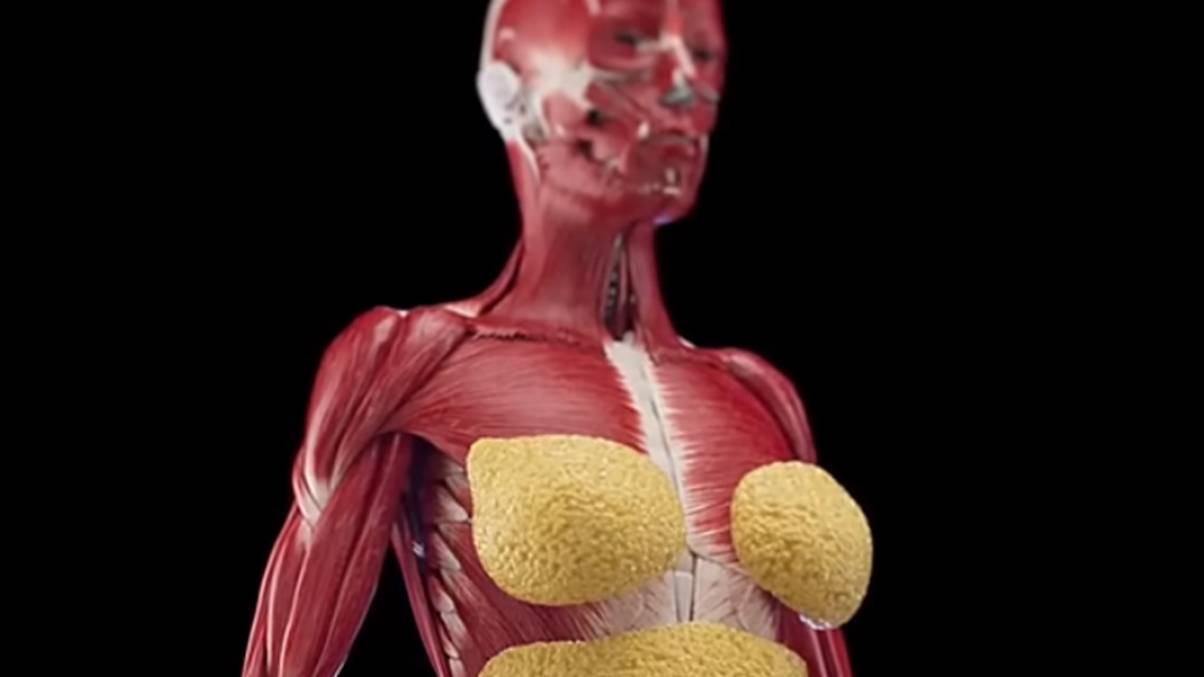Think Therapy Is Only for the “Deeply Troubled”? 5 Surprising Myths Debunked by Science
There are a lot of myths that can discourage people from seeking help or leave them uncertain about the value of therapy. From the belief that therapy is “just talking” to fears about the duration of treatment, misconceptions can obscure the wide range of benefits therapy offers.
In reality, therapy is an evidence-based process that can lead to real change, even in a short amount of time. And it can be used to treat a wide range of mental health issues, from anxiety and depression to more serious conditions like obsessive-compulsive disorder (OCD) and personality disorders.
To address common myths about therapy, Charlie Heath looked at the data—including research on how long therapy takes to work and its effectiveness in treating different mental health conditions. The article also includes some tips about how to find affordable, in-network therapy and the benefits of online treatment options.
1. Myth: Therapy is only talking; it doesn’t really help.
Fact: Therapy involves more than just talking. Many therapy approaches include evidence-based techniques, which are proven to help individuals address underlying issues, change negative behaviors, and develop healthier coping mechanisms.
Take, for instance, cognitive behavioral therapy (CBT), which is one of the most extensively researched and widely practiced forms of psychotherapy in the world. Studies consistently show that CBT is effective for conditions like anxiety, depression, and post-traumatic stress disorder (PTSD). Working with a therapist trained in CBT is not “just talking.” It’s using a technique proven to help people change negative thought patterns and behaviors with real-life, actionable skills and coping techniques.











